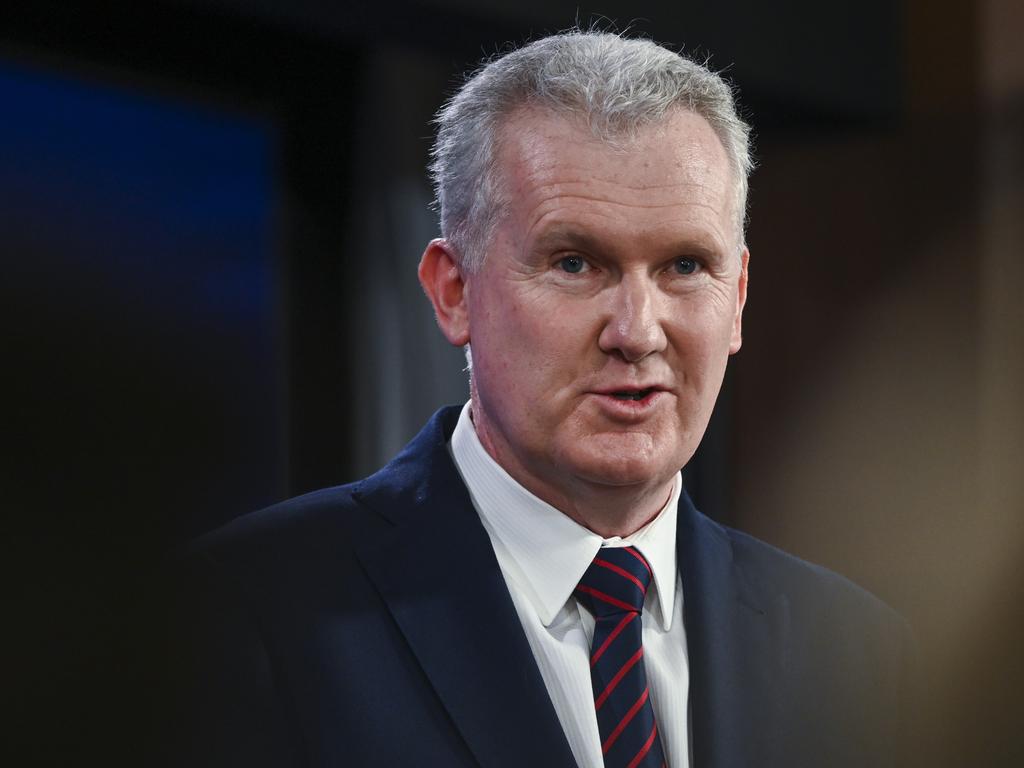Big business slams industrial relations bill’s ‘flawed’ costings
Business says government costings of industrial relations policy changes are based on ‘outdated, limited and flawed data’.

Big business has declared the Albanese government’s costings of its next wave of industrial relations changes are based on “outdated, limited and flawed data”, making the impact on employers of the Closing Loopholes Bill “impossible to quantify”.
Detailed Department of Employment and Workplace Relations costings, tabled along with the Bill this month, said proposed labour hire and gig economy changes would cost employers up to $9bn in extra wages over the next decade. But the Business Council of Australia said the Bill’s explanatory memorandum also contained multiple admissions that the data it was relying on to justify the changes was either outdated, limited or unavailable.
BCA chief executive Bran Black said assumptions used by the government were unrealistic, highlighting the estimated 15 minutes it would take employers to apply the new multi-layered test as to whether a casual employee was entitled to an offer of permanent employment.
He said the “back-of-the-envelope” 15-minute calculation was of significant concern to employers. The explanatory memorandum showed the government took the 10-minute estimate for the existing legislated test for conversion at 12 months and arbitrarily added five minutes, even though the new test required up to 12 criteria to be considered, compared to just one currently. The government used these figures to estimate the total cost to business of implementing the new test at just $593,055 a year for all Australian businesses employing casual workers.
The BCA said the government also admitted qualitative interviews with only 12 current and recent casual employees and just eight employers of casual staff had informed design of the proposed new legislative settings
“The analysis in the explanatory memorandum just doesn’t stand up,” Mr Black said. “Imagine polling just 1200 of the 2.7 million casual employees in Australia, and interviewing just 12, before proposing a complex new test that will affect every business employing casual workers in Australia. Imagine estimating that it will take a small business just 15 minutes to step through a dozen different criteria to determine if an employee is a casual – and then having no idea about the cost to Australian business if the process ends in a dispute determined by the Fair Work Commission.”
Mr Black said the flaws called into question the government’s estimates of the impact on individual businesses, and the extra $9.1bn the labour hire and gig economy reforms alone were forecast to cost over 10 years.








To join the conversation, please log in. Don't have an account? Register
Join the conversation, you are commenting as Logout